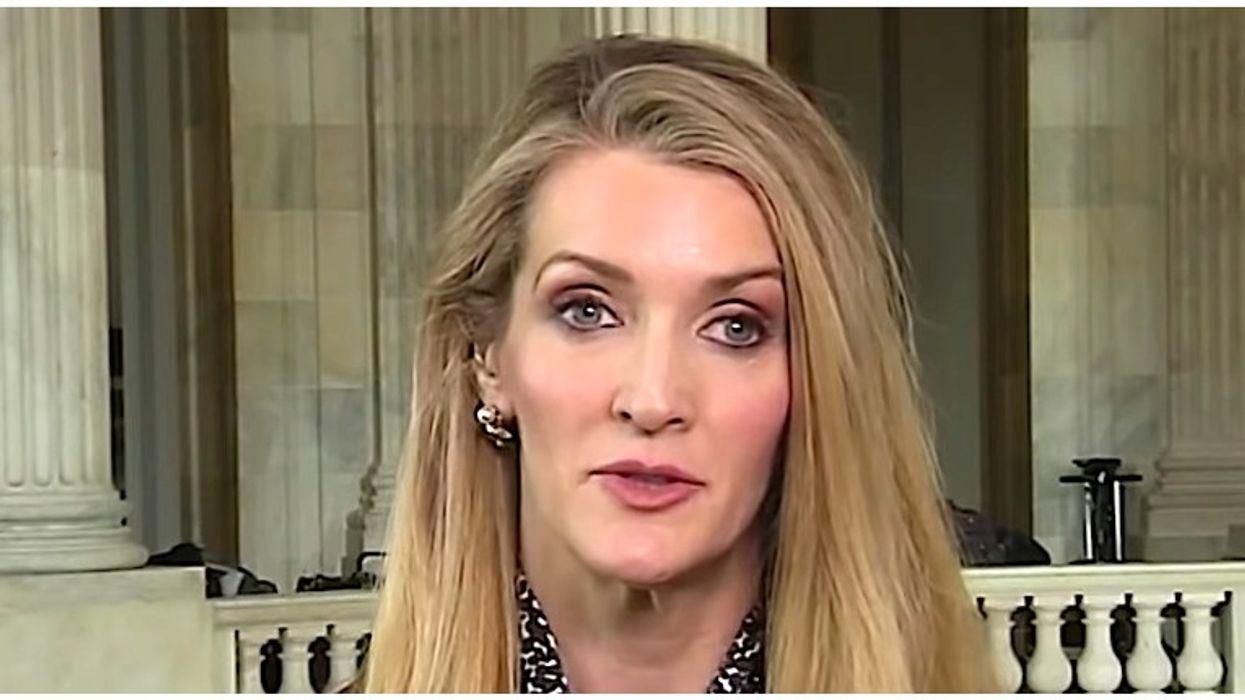How members of Congress use insider information to trade stocks

www.alternet.org
Records suggest Sen. Kelly Loeffler took advantage of a Trump tax ...
January 31, 2022 | 06:06PM ETEconomy
Members of Congress use privileged information to make money on the stock market, while they’re supposed to be working for you. Make no mistake, it’s legalized corruption.
******
Btw, if you’d like my daily analyses, commentary, and drawings, please subscribe to my free newsletter: robertreich.substack.com
******
There’s no good reason for elected officials to trade individual stocks at all. Unless you have special insider knowledge, buying and selling individual stocks is a terrible way to get rich. It’s gambling, plain and simple. That’s why many Americans with retirement accounts prefer to invest in index funds — which are tied to the performance of the entire stock market
But many members of Congress continue to invest in individual stocks, and some do quite well. How do they do it?
Can Congress Really Use Insider Information to Trade Stocks? | Robert Reichwww.youtube.com
Consider this: just before the economy crashed in 2008, several lawmakers frantically shifted their holdings to “safer” investments. This frenzy came just after private meetings with Treasury officials who had warned that an economic disaster was imminent.
I imagine most of you weren’t invited to these meetings — I certainly wasn’t. But those lawmakers were — and likely chose to act on that information.
When this story came to light, people were naturally outraged. After immense public pressure Congress passed the STOCK Act in 2012. The act required lawmakers to disclose their stock sales, and those of their spouses, within 45 days. By forcing these transactions to be public, the hope was that lawmakers would stop making questionable trades.
And it worked. Well… partially.
In January 2020, a handful of senators — including Richard Burr, Dianne Feinstein, and Kelly Loeffler — all made significant trades after receiving a classified briefing on COVID-19, well before the public knew the full extent of the threat.
Few, if any, lawmakers have faced serious consequences for violating the spirit or the letter of the law, as insider trading is notoriously difficult to prove.
In 2021 alone, news outlets identified 43 lawmakers who failed to properly disclose their trades. Their punishment? Nothing. Lawmakers are supposed to face a paltry $200 fine for failing to report on time — but congressional ethics officials usually waive it.
There is an obvious solution to all this: bar members of Congress from trading individual stocks.
The proposed Ban Conflicted Trading Act does just this. Lawmakers would have six months after being elected to sell their individual holdings, transfer them to a blind trust over which they have no control, or hold onto them until they leave office without trading them.
But Congress has yet to hold a vote on this bill, even though 67 percent of Americans agree it’s a good idea to prevent members of Congress from trading individual stocks.
As usual, follow the money: a majority of lawmakers are millionaires, who likely get a sizable chunk of their wealth from investments and trades. So they won’t support this bill unless there’s enough public outcry to make them.
That’s where you come in.
With distrust in government near an all-time high, even the appearance of a conflict of interest hurts our democracy. Members of Congress are elected to represent the interests of the people, not the money in their brokerage accounts.
Banning members of Congress from trading individual stocks is a no-brainer. Let’s get it done.
Robert B. Reich is Chancellor's Professor of Public Policy at the University of California at Berkeley, Senior Fellow at the Blum Center for Developing Economies, and writes at robertreich.substack.com. Reich served as Secretary of Labor in the Clinton administration, for which Time Magazine named him one of the ten most effective cabinet secretaries of the twentieth century. He has written fifteen books, including the best sellers "Aftershock", "The Work of Nations," and"Beyond Outrage," and, his most recent, "The Common Good," which is available in bookstores now. He is also a founding editor of the American Prospect magazine, chairman of Common Cause, a member of the American Academy of Arts and Sciences, and co-creator of the award-winning documentary, "Inequality For All." He's co-creator of the Netflix original documentary "Saving Capitalism," which is streaming now.
